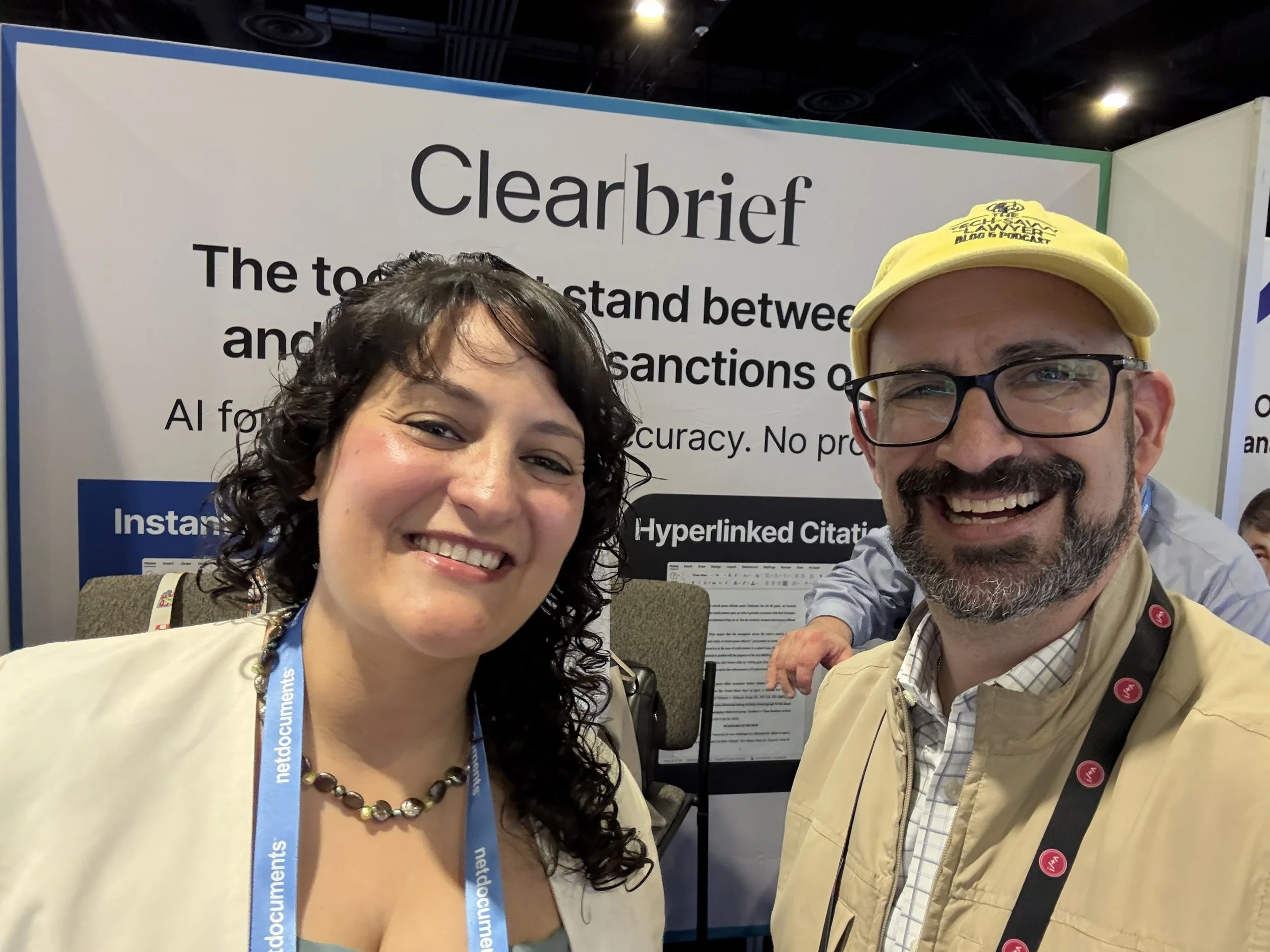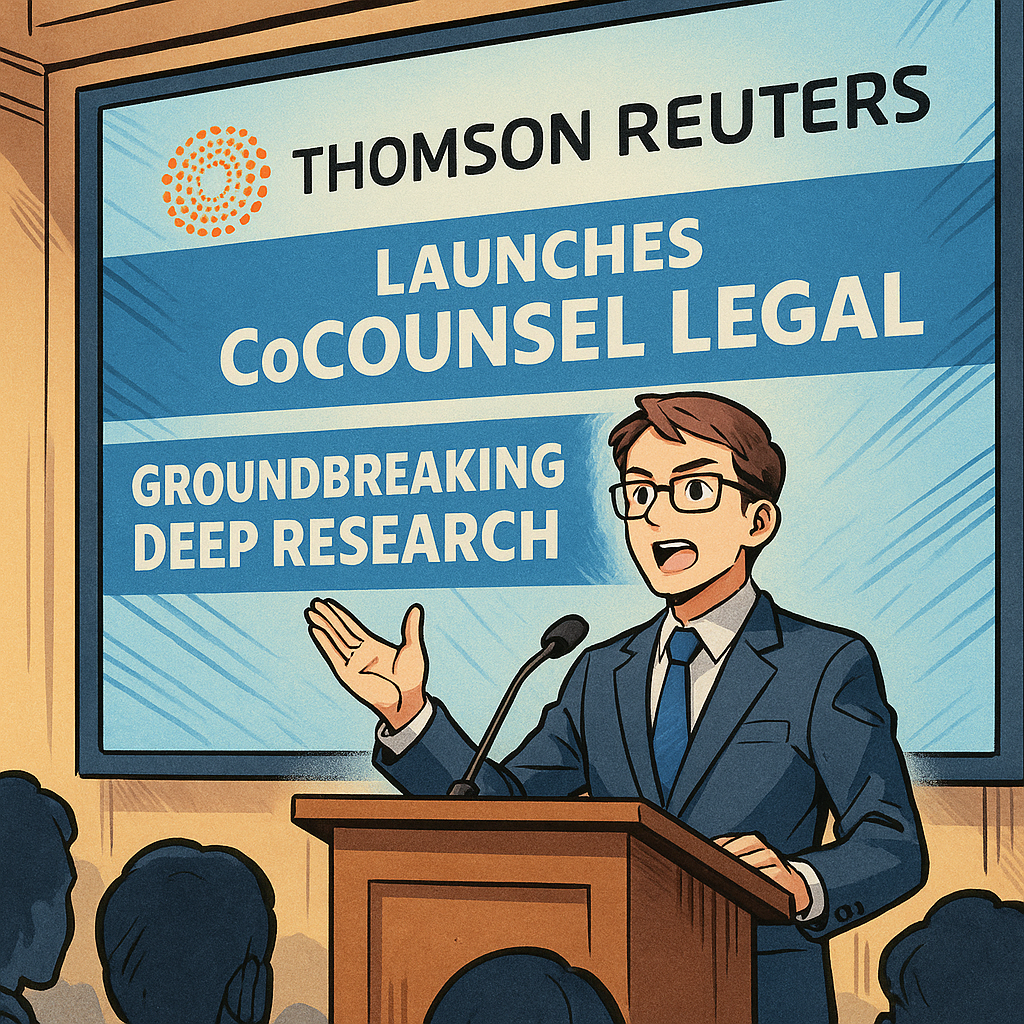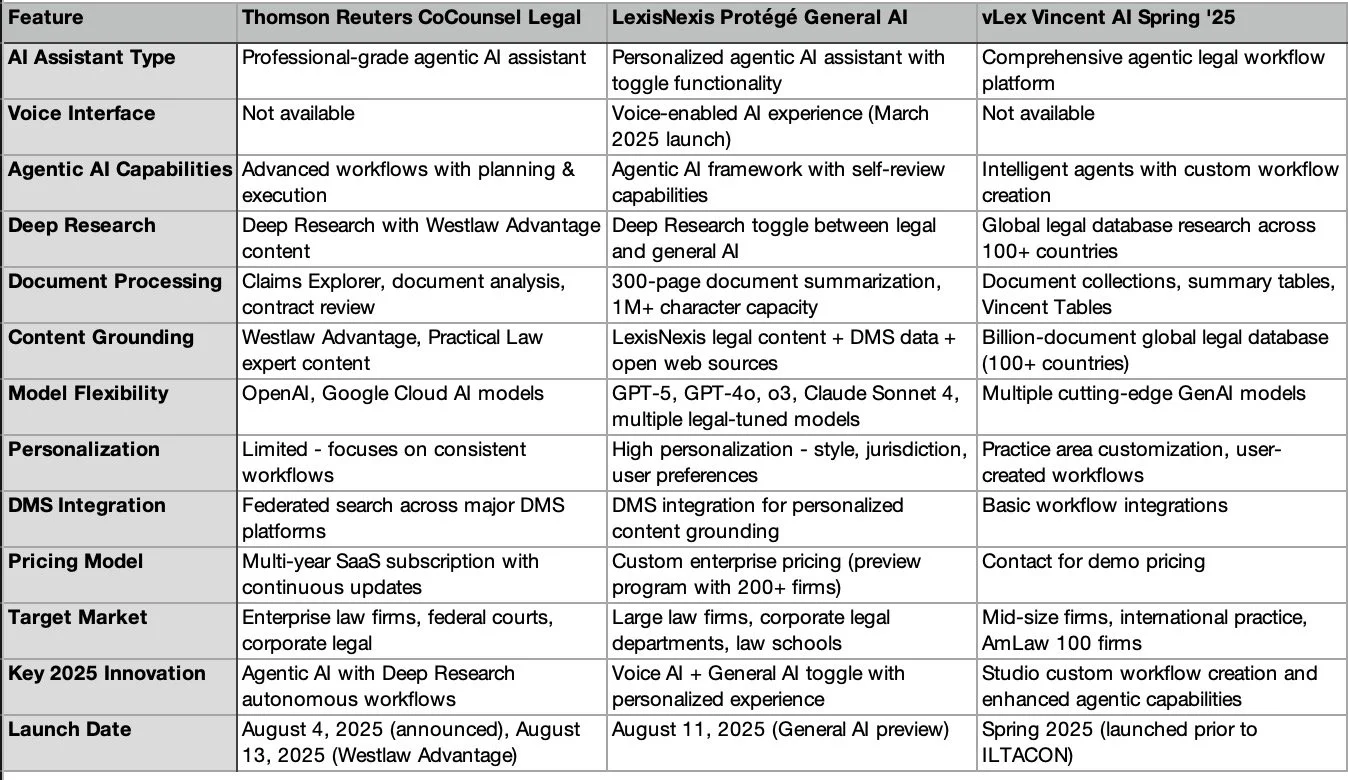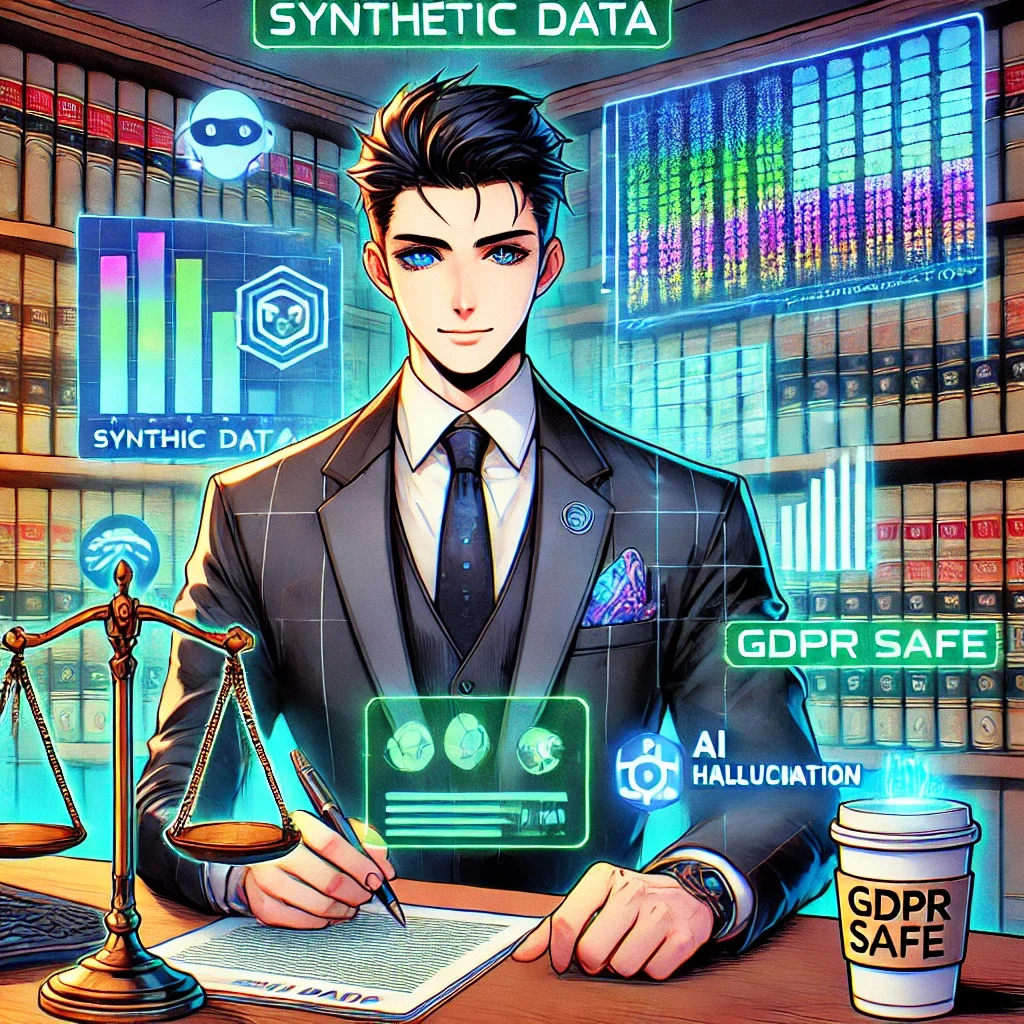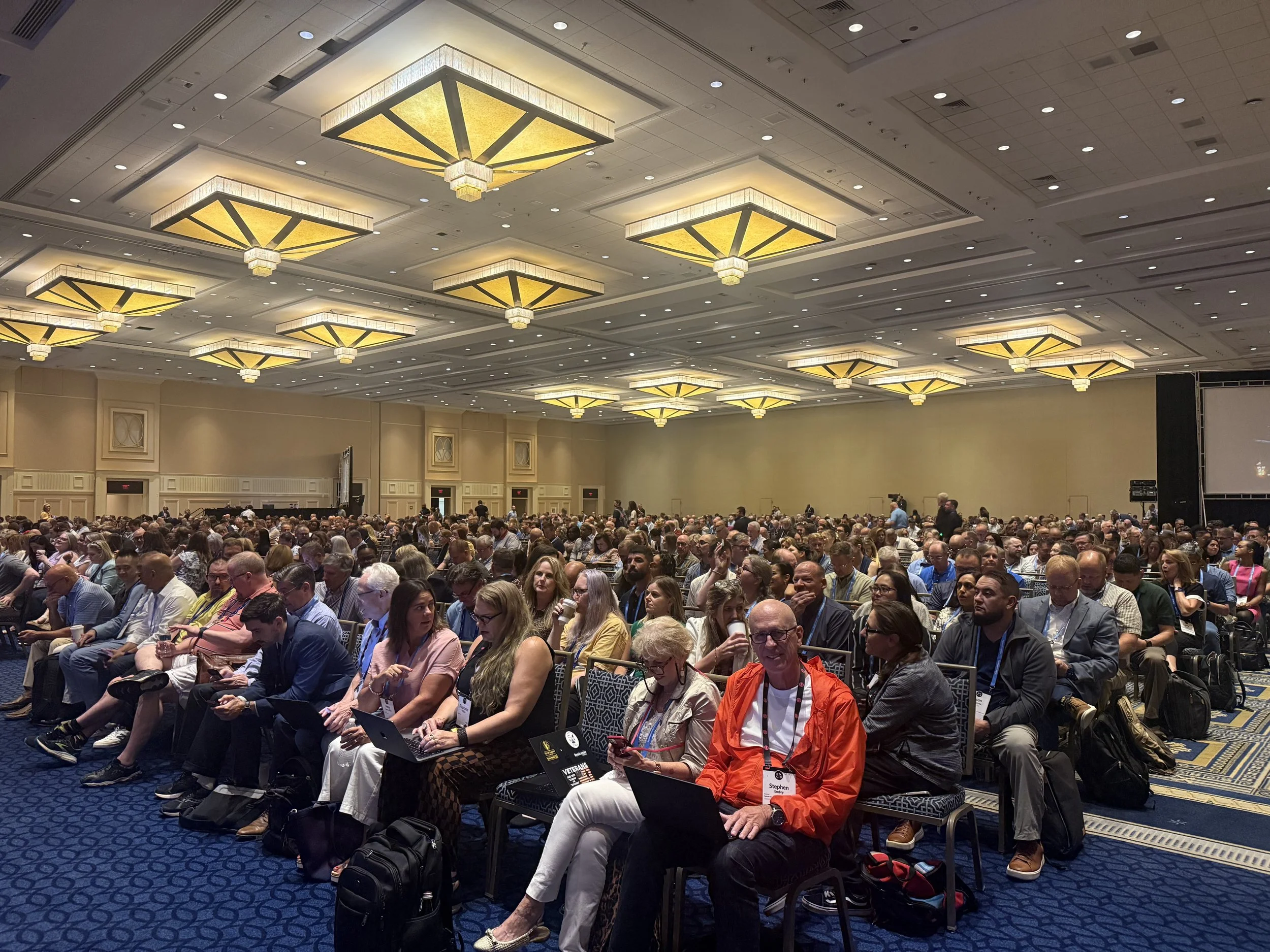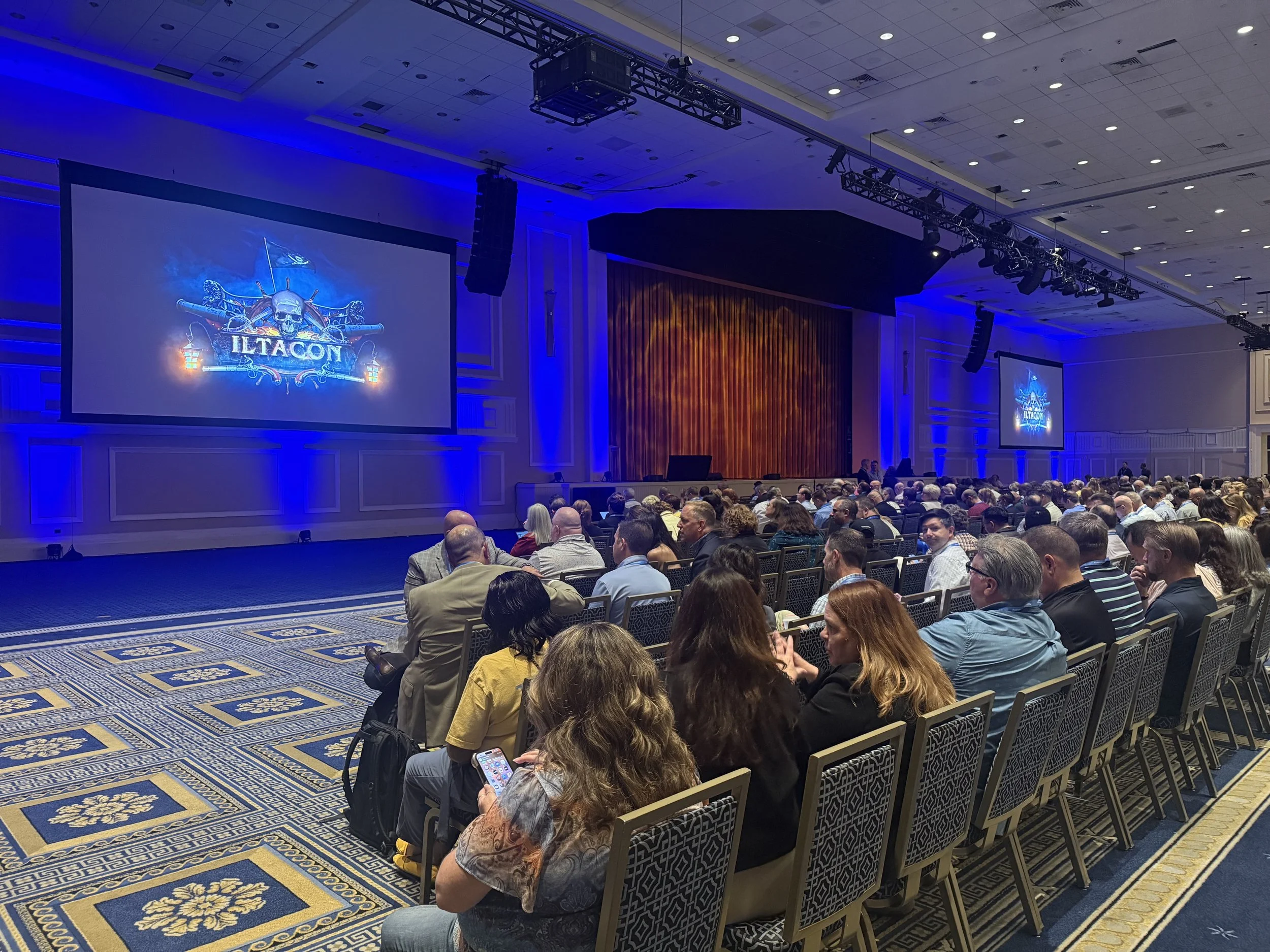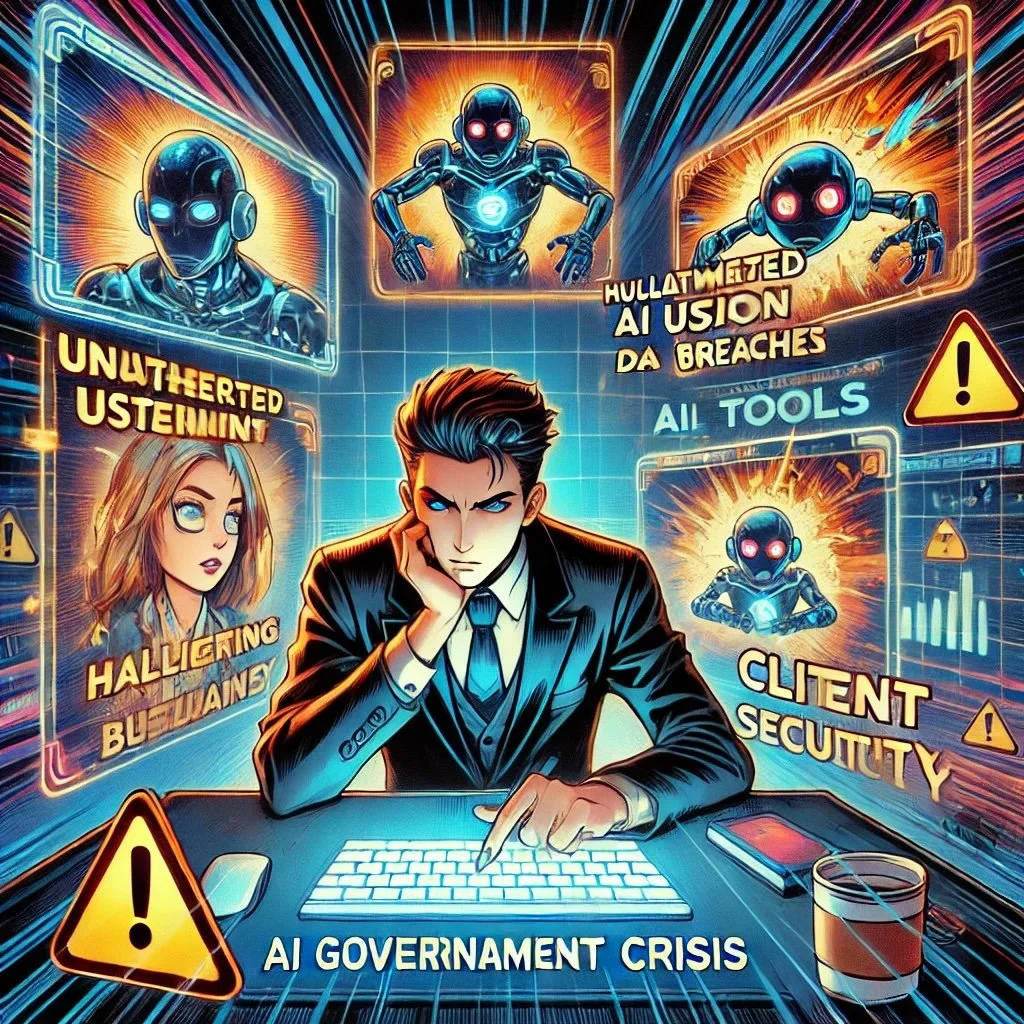🚨 BOLO CYBERSECURITY ALERT: LunaSpy Android Spyware Threatens All Users—Protect Your Law Practice Now!
/Android users must be aware of potential threats to their data!
CRITICAL THREAT ALERT 🚨 A sophisticated new Android spyware campaign dubbed LunaSpy has been active since February 2025, broadly targeting Android users via messaging apps—anyone installing its fake “antivirus” could be compromised, including legal professionals. LunaSpy spreads through Telegram, WhatsApp, Signal, and other platforms by sending messages like “Hi, install this program here,” tricking victims into granting extensive device permissions after fake security scans report fabricated threats.
Once installed, LunaSpy’s capabilities pose severe risks: it steals passwords from browsers and messaging apps, intercepts text messages (including two-factor codes), records audio and video via microphones and cameras, captures screen contents (e.g., client documents, case notes), and tracks real-time location (e.g., revealing meetings and court visits). Kaspersky researchers have linked over 150 command-and-control servers to LunaSpy’s global network, enabling continuous data exfiltration and remote command execution.
While any Android user is at risk, lawyers face heightened consequences if infected. A breach of attorney-client communications or privileged documents can trigger:
Malpractice liability for failing to safeguard confidential client information
ABA ethics violations under Model Rules 1.1 (Competence), 1.1(8) (Maintaining Competence) and 1.6 (Confidentiality)
State bar disciplinary action for professional misconduct
Regulatory compliance fines under privacy laws like California Consumer Privacy Act (CCPA)/General Data Protection Regulation (GDPR) – Legal Text
Reputational damage that can permanently erode client trust
Immediate Action Steps for all Android-using legal professionals and their staff:
users are the first line of defense when it comes to preventing computer viruses on their tech!
Audit and remove any unverified security or banking apps; restrict installations to Google Play only.
Deploy Mobile Device Management (MDM): enforce app blacklists, remote wipe, and automated patching.
Enable full-disk encryption and secure lock screens with complex passcodes or biometrics.
Train staff on social engineering tactics—recognize unsolicited install prompts or links in messages.
Use end-to-end encrypted desktop-based messaging for privileged communications, limiting mobile use.
Establish an incident response plan: include immediate device quarantine, forensic analysis, and regulatory notification procedures.
LunaSpy is not a hypothetical risk—it’s actively compromising Android devices around the globe. Although the campaign targets the general public, legal professionals handling sensitive client data are particularly vulnerable to cascading professional, legal, and ethical consequences if infected. With over 150 active command servers and ongoing code enhancements, the threat will only escalate. Every day without these safeguards increases your exposure—act now to secure mobile devices, train teams, and reinforce your firm’s cybersecurity posture.








